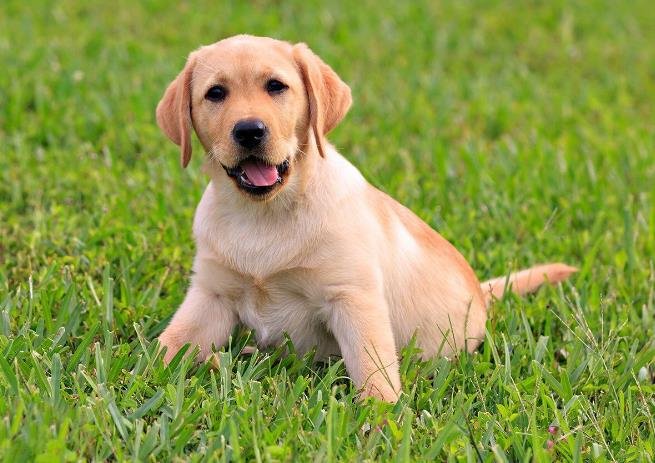
Why Do Dogs Eat Grass and Then Throw Up?
Why do dogs eat grass and then vomit?
Understanding behavior
Many dog owners witnessed their furry friends munching on grass and then quickly vomiting. This behavior may be confusing and worrying. However, it is more common than you imagine and can be explained in several ways.
Possible reasons for eating grass
One theory suggests that dogs will eat grass to induce vomiting when they feel unwell. Grass can irritate the stomach wall of dogs, causing vomiting and may help them eliminate things that cause discomfort.
Another reason may be nutritional issues. Dogs may be searching for certain nutrients or fiber that they cannot obtain from their daily diet. Grass can serve as a natural source of these missing elements.
In addition, some dogs may only eat grass out of boredom, or because they like the taste and texture of grass. This behavior may be more common in dogs who have not received sufficient mental or physical stimulation.
Should you be worried?
Although occasional grazing and vomiting are usually not worth worrying about, monitoring your dog’s behavior is important. If your dog frequently eats grass and vomits, or if they have other signs of illness, it is best to consult a veterinarian. They can help determine if there are potential health issues that need to be addressed.
Meanwhile, ensuring your dog has a balanced diet, adequate exercise, and mental stimulation can help reduce the frequency of grazing. Providing safe chewing toys and engaging activities is also beneficial.
conclusion
In short, the behavior of dogs vomiting after eating grass may be due to various reasons, including seeking relief from stomach discomfort, nutritional needs, or boredom. Although this is usually not a serious issue, paying attention to your dog’s habits and consulting a veterinarian when needed can help ensure their overall health and well-being.
American Dingo animal behavior Budget Tips canine behavior Canine Care Canine Health DIY pet projects dog behavior Dog Breeds dog care Dog Care Tips dog exercise Dog Food Dog Grooming dog health Dog Measurement dog nutrition dog ownership dog potty area Dog Training Dog Wound Care Family Pets Hunting Dogs lipomas in dogs newborn puppy care obedience training outdoor pet care Pet Care Pet Care Tips Pet Health Pet Loss Pet Safety pet tips pet training Positive Reinforcement Potty Training Puppy Care puppy health Puppy Training Rabies in Dogs Temperature Monitoring Training Tips veterinary advice Veterinary Care Veterinary Tips
Sorry. No data so far.
Leave a Reply
You must be logged in to post a comment.